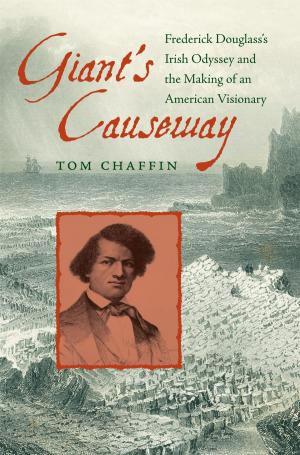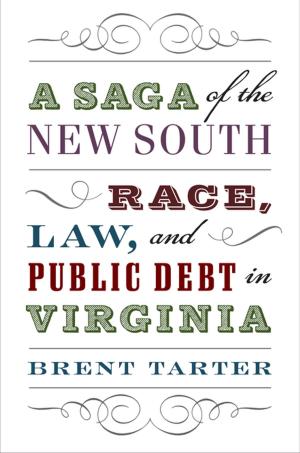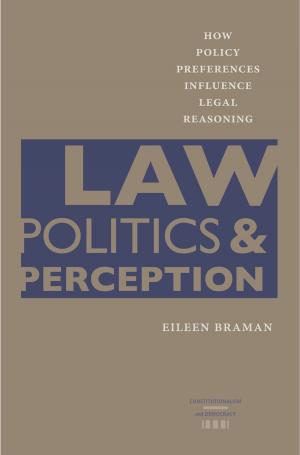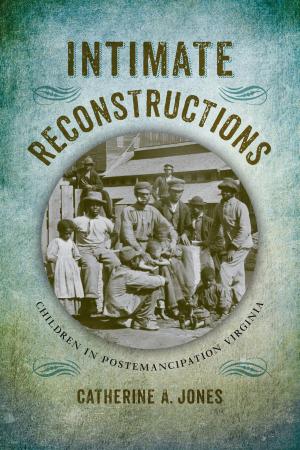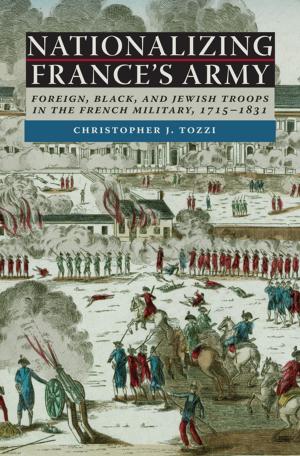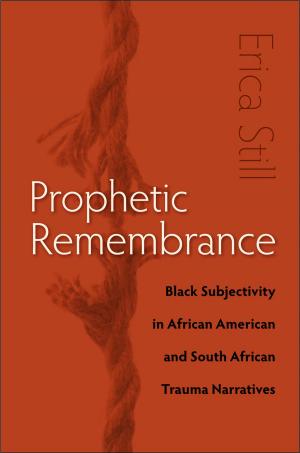Contract and Consent
Representation and the Jury in Anglo-American Legal History
Nonfiction, Reference & Language, Law, Legal History| Author: | J. R. Pole | ISBN: | 9780813928920 |
| Publisher: | University of Virginia Press | Publication: | February 3, 2010 |
| Imprint: | University of Virginia Press | Language: | English |
| Author: | J. R. Pole |
| ISBN: | 9780813928920 |
| Publisher: | University of Virginia Press |
| Publication: | February 3, 2010 |
| Imprint: | University of Virginia Press |
| Language: | English |
In Contract and Consent, the renowned legal historian J. R. Pole posits that legal history has become highly specialized, while mainstream political and social historians frequently ignore cases that figure prominently in the legal literature. Pole makes a start at remedying the situation with a series of essays that reintegrate legal with political and social history. A central theme of the essays is the link between Anglo-American common law and contract law and American political and constitutional principles. Pole also emphasizes the political functions of legal institutions in English and American history, going so far as to suggest that we need to divest ourselves of any notion of the separation of powers. Instead, we need to acknowledge the historical role of courts, juries, and the common law as agencies of political representation and as promulgators of law and policy.
Other essays show the implications of independence for American law, and how American political scientists converted the concept of sovereignty from its authoritarian claims in the eighteenth century into a product of the political process in the nineteenth and twentieth centuries. Although the American colonies made their own versions of the common law,there was no simple division between "English" and "American" law. But it was of fundamental importance that an entitled, landed aristocracy was never imported into or allowed to take root in America, with the result that American law was much simpler than its English counterpart, with the latter's accretion of esoteric language and procedures.
Having established the basis of Anglo-American legal history in contract and common law in part one, in the second half of the volume Pole explores various constitutional and legal themes, from bicameralism in Britain and America and the role of the Constitution in the making of American nationality to the performance of representative institutions in the century following the American Revolution.
In Contract and Consent, the renowned legal historian J. R. Pole posits that legal history has become highly specialized, while mainstream political and social historians frequently ignore cases that figure prominently in the legal literature. Pole makes a start at remedying the situation with a series of essays that reintegrate legal with political and social history. A central theme of the essays is the link between Anglo-American common law and contract law and American political and constitutional principles. Pole also emphasizes the political functions of legal institutions in English and American history, going so far as to suggest that we need to divest ourselves of any notion of the separation of powers. Instead, we need to acknowledge the historical role of courts, juries, and the common law as agencies of political representation and as promulgators of law and policy.
Other essays show the implications of independence for American law, and how American political scientists converted the concept of sovereignty from its authoritarian claims in the eighteenth century into a product of the political process in the nineteenth and twentieth centuries. Although the American colonies made their own versions of the common law,there was no simple division between "English" and "American" law. But it was of fundamental importance that an entitled, landed aristocracy was never imported into or allowed to take root in America, with the result that American law was much simpler than its English counterpart, with the latter's accretion of esoteric language and procedures.
Having established the basis of Anglo-American legal history in contract and common law in part one, in the second half of the volume Pole explores various constitutional and legal themes, from bicameralism in Britain and America and the role of the Constitution in the making of American nationality to the performance of representative institutions in the century following the American Revolution.

